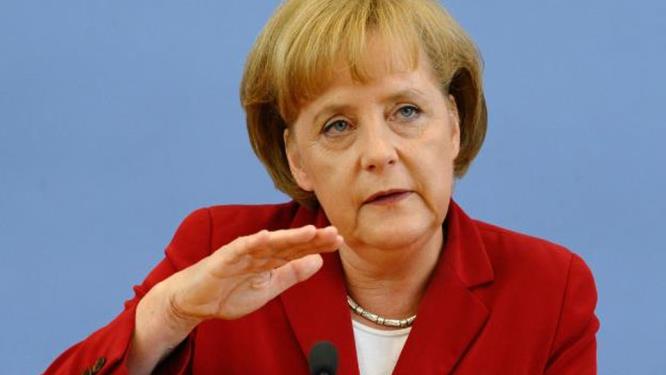Germany has recorded a significant decline in its unemployment figure in the month of November. This is according to the latest data released by the country’s Federal Employment Agency, BA federal labour agency, on Tuesday.
However, restrictions to bring the COVID-19 second wave led to an increase in the number of people in short-time employment.
The country saw its unemployment number drop to 6.1 percent in November, its figure for the previous month stood at 6.2 percent.
Contrary to the outcome, a survey by Factset showed that analysts had anticipated the unemployment figure to rise by 1 percent, to 6.3 percent in November.
“The labour market reacted to the restrictions in November — but fortunately not with an increase in redundancies at the moment,” BA chairman Detlef Scheele said in a statement.
Another round of shutdowns introduced in November — including bars, restaurants, hotels and gyms — saw employers rely more heavily on a subsidised scheme that allows them to reduce workers’ hours.
The November numbers “suggest that the German labour market could go through the crisis almost unharmed,” said ING bank analyst Carsten Brzeski.
“But the rising number of short-time workers, as well as the longer-term impact from the second lockdown, clearly argue against too much optimism.”
The current virus curbs are expected to last into the new year, Chancellor Angela Merkel has said.













